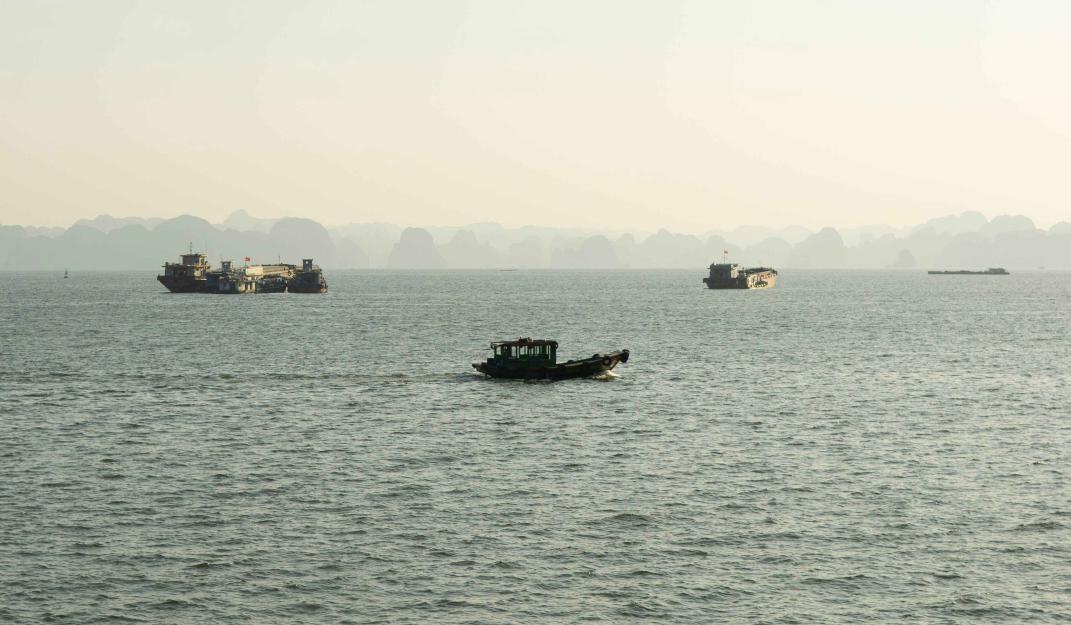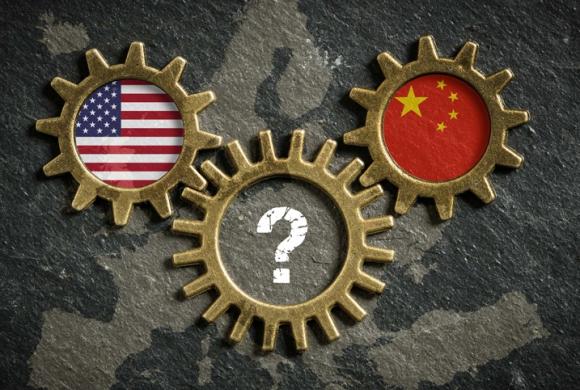The International Law of the Sea and the South China Sea Disputes

The development of the law of the sea in the second half of the 20th century – and in particular the extension of coastal State jurisdiction beyond the territorial sea through the regimes of the exclusive economic zone and the continental shelf – has radically transformed the geopolitics of the ocean. Until the middle of the 20th century, the law of the sea was mainly characterized by the dichotomy between the territorial sea and the high seas. While the sovereignty of the coastal State extended over the territorial sea, the high seas beyond the outer limit of the territorial sea were open to all States on an equal basis under the principle of the freedom of the high seas. Due to the limited extent of the territorial sea – major maritime powers insisted on a maximum breadth of 3 nautical miles, while other states claimed a territorial sea of 4 or 6 nautical miles and in some instances 12 nautical miles – the large majority of the ocean was subject to the regime of the high seas. Currently, about half of the ocean is subject to coastal State jurisdiction.
The South China Sea is a key example of the way in which the development of the law of the sea has impacted on the geopolitics of the ocean.1 This development has been accompanied by competing interpretations of the law of the sea that have radically diverging implications for the legal and political division of the South China Sea. In addition, the South China Sea is characterized by a number of territorial disputes that add to the complexity of its geopolitical seascape.
About the authors
L.N. Nguyen
Dr Lan Nguyen is an Assistant Professor at Utrecht University School of Law, and a Senior Research Associate of the Netherlands Institute for the Law of the Sea (Utrecht University Centre for Water, Oceans and Sustainability Law). Dr Nguyen holds a B.A in International Relations and International Law from the Diplomatic Academy of Vietnam, an LL.M (First Class Honours) in International Law and a PhD both from the University of Cambridge. She is the author of, among others, the monograph entitled ‘The Development of the Law of the Sea by UNCLOS Dispute Settlement Bodies’ (CUP 2023) and laureate of the 4th edition of the Daniel Vignes Prize awarded by the International Association of the Law of the Sea (AssIDMer). Her research interests lie in public international law, law of the sea, settlement of international disputes and the management and resolution of maritime disputes in Asia Pacific.
A.G. Oude Elferink
Alex Oude Elferink is a professor in international law of the sea and the Director of the Netherlands Institute for the law of the sea (NILOS), and an associate of the Utrecht Centre for Oceans, Water and Sustainability Law (UCWOSL), School of Law, Utrecht University, the Netherlands. He is the author of The Delimitation of the Continental Shelf between Denmark, Germany and the Netherlands; Arguing Law, Practicing Politics? (Cambridge University Press, 2013) and the co-editor of The Oxford Handbook of the Law of the Sea (Oxford University Press, 2015) and International Law and Marine Areas beyond National Jurisdiction; Reflections on Justice, Space, Knowledge and Power (Brill, 2022). His current research among others focusses on dispute settlement under the United Nations Convention on the law of the sea.
China Knowledge Network
The Dutch China Knowledge Network (CKN) is a network established to involve China experts and disseminate knowledge within the government of the Netherlands and beyond.Our key task is to connect various angles of research and events to better understand China’s motives, policies and vision to develop more effective policies and better advise social partners. The secretariat of the knowledge network has been assigned to think tank Clingendael together with LeidenAsiaCentre. They will function primarily as ‘knowledge brokers’, matching the supply and demand of knowledge.




